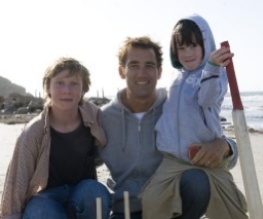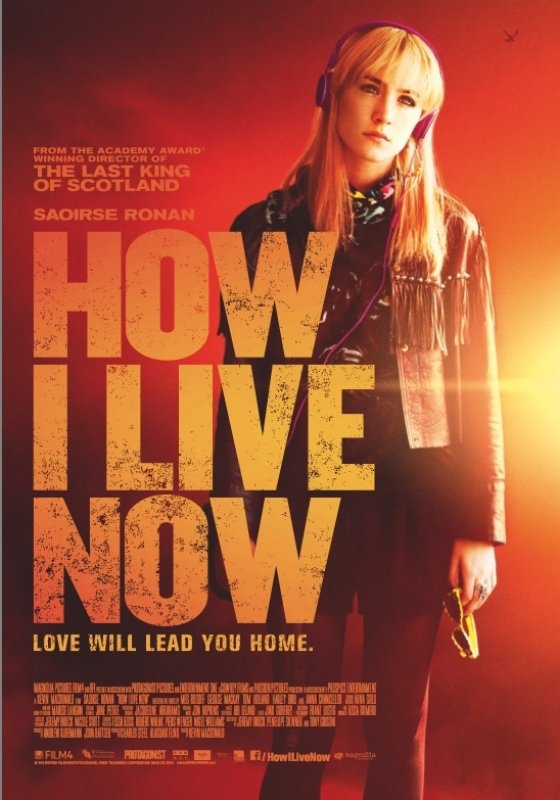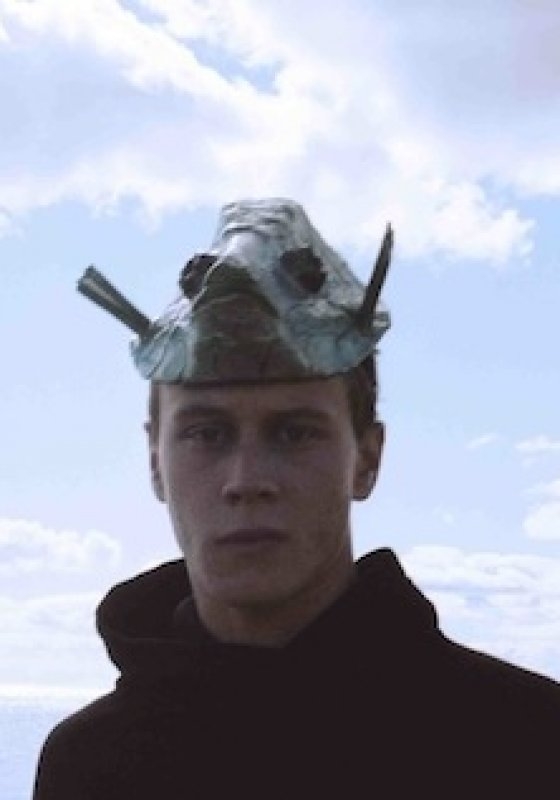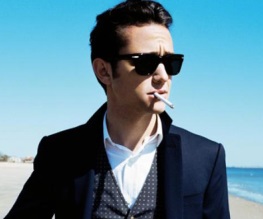The Boys Are Back

This film should be a winner. A quiet, slow-burning winner, but a winner nevertheless. A teary but heart-warming memoir of an absentee dad suddenly dropped into single parenthood, brought to the screen with the king of the subtle, tortured dramatic performance, Clive Owen, in the lead role. Add in some lovely scenic shots of the South Australian coast and acclaimed Shine director Scott Hicks at the helm, and you’re surely looking at a stand-out for the drama genre this year. Sadly though, The Boys Are Back doesn’t seem to work as well as it thinks it does.
World’s Best Dad… Or Not
[FLOWPLAYER=http://uk.clip-1.filmtrailer.com/3766_9352_a_3.flv,275,180]
Sports writer Joe Warr (Owen) has moved to Australia, leaving behind his teenage son from a previous marriage to raise a family with the woman he loves (Laura Fraser). When he loses her to cancer, Joe must become the sole parent to their young son Artie (Nicholas McAnulty), a situation he approaches with an interesting philosophy – “Just Say Yes”. Remember those days in your childhood when Mum was ill or late home from work and Dad took charge of the house, with much bed-jumping and food-fighting ensuing? Yeah, it’s like that times a thousand. In an attempt to distract Artie and himself from the cloud of grief hanging over their lives, Joe lets his son run riot, in scenes that tread a fine line between freedom and neglect – a point that causes trouble with Joe’s new love interest Laura (Emma Booth), a fellow single parent with more sensible tactics, and with his regimented English son Harry (George MacKay).
A little more than freedom
As always, Owen does a capable job of playing the man going through something unspeakably horrible, something he doesn’t have the emotional resources to deal with – we can understand why he’s doing what he’s doing to Artie, we just can’t entirely accept it. The fault is perhaps in the material rather than in Owen’s or Hicks’ handling of it – the narrative appears to treat Joe’s sadly misguided and ultimately damaging parenting as something the boy might fondly look back on one day (“Remember when Dad let me ride on the hood of an SUV and I didn’t die?”), rather than something that shaped his lonely childhood. Some of the most successful scenes in the film, and those that ring the most true, are those between the two half-brothers, as teenage son Harry tries to become the father his little brother never had. McAnulty and MacKay depict their confused, adrift characters brilliantly, and with any luck have a stellar career ahead of them.
The Boys Are Back is an interesting look at what loss and grief can do to a family, but it’s not quite a warm-and-fuzzy tale for the ages. Despite his best efforts, Owen’s character is unsettling and surprisingly unlikable, making you feel more sorry for the poor children he leaves in his wake than rooting for the family of little Aussie battlers like you assume you should.





Recent Comments